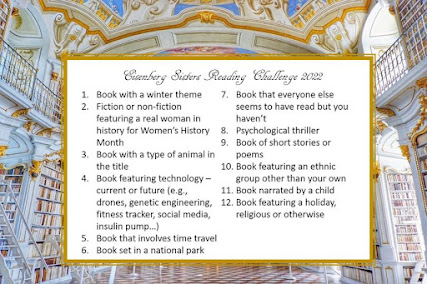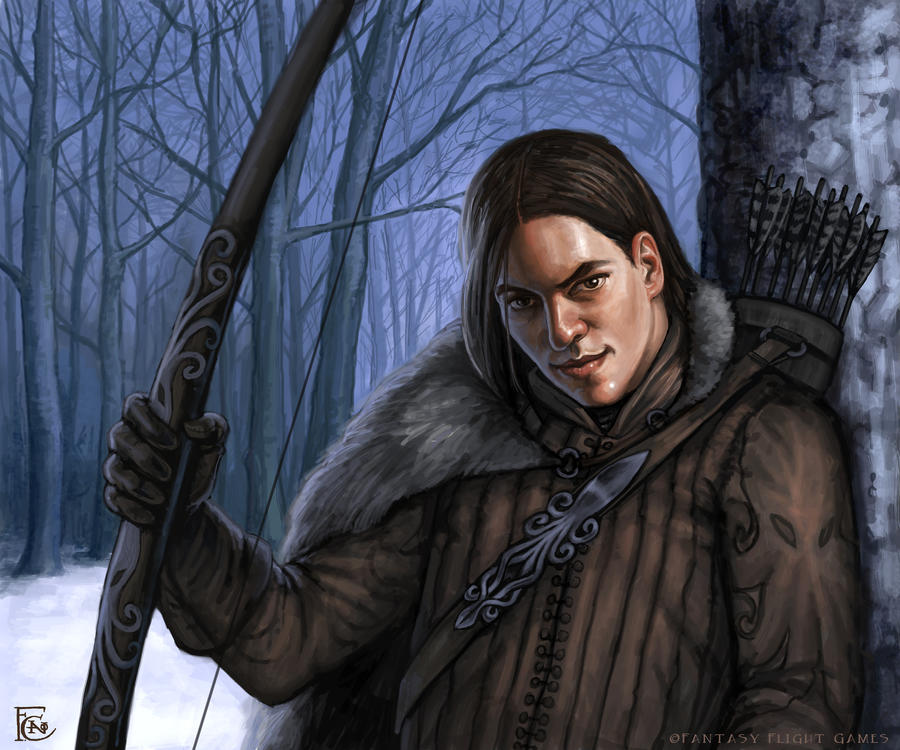At
Towerofthehand.com, there's a lively community of science fiction/fantasy fans that gather to discuss the Song of Ice and Fire series by George R R Martin. Occasionally featured are essays by members; recently one of mine was selected for a countdown of the most hated characters in the series. (I've posted
some other essays on ASOIAF before also). I present:
Theon Greyjoy. Warning, spoilers follow.
Mercy is rare for the children of Westeros. None was to be had for
Barra, King Robert's bastard girl. Even high-born children are prone to be victims, as
Rhaenys and
Aegon Targaryen attest. Rebels and dis-respecters are treated particularly harshly, as shown in the treatment of the
Reynes of Castamere - the entire house extinguished, every man, woman and child. The least likely place one would expect mercy would be the cold, hard North - yet this is where the son of the leader of the Greyjoy Rebellion is brought and cared for, raised alongside the noblest children of the region as their peer. He is a hostage - but the cage he is kept in encompasses Winterfell and the lands it governs (including a brothel nearby). He is out of place there, treated suspiciously by many, and never completely accepted. His time with the Starks easily looks like a fostering, which is within the traditions of the Seven Kingdoms, but to his native lands it is not understood that way.
Theon Greyjoy rises in position to become a trusted companion of the King in the North,
Robb Stark.
But fostering, as with other traditions of the Green Lands, is no right place for an ironborn man. Theon is gradually changed through this proximity to the Stark children to be more like his enforced companions, less like an Ironborn. His sense of his native culture is so far eroded that he undertakes to negotiate with his father on behalf of King Robb, never recognizing that his father would see him as forever suspect in such an arrangement. The glaring errors of his assumptions are displayed for his father at the worst possible moment when Lord
Balon asks:
"That bauble around your neck - was it bought with gold or iron?"
Theon touched the gold chain. He had forgotten. It has been so long... In the Old Way, women might decorate themselves with ornaments bought with coin, but a warrior wore only the jewelry he took off the corpses of enemies slain by his own hand. Paying the iron price, it was called. A Clash of Kings: Theon I
In that exchange, the father remakes the son. But when does a child become a man, and responsible for the repercussions of a man's choices? Theon again is scrambling to find a place for himself - recognizing finally that he is no prodigal son coming home, but in his father's eyes he is corrupted to the soft life. Corrupted and corruptible; Balon recognizes that if Theon can be turned into an emissary for the Starks, he can be turned back against the Starks, to prove himself ironborn or die trying - either way relieves Balon of the troublesome prospect of a son who is a misfit. Balon, of course, doesn't recognize that it is his grasping, unrealistic ambitions that resulted in the surrender of his son.
Theon accepts the challenge from his father and sets out to out-ironborn the ironborn, and this is when he changes from being a self-centered, naive and selfish boy to a conniving, backstabbing man. He accepts charge of a small force of men and is charged with creating some mayhem on the Stony Shore. And, much like his father's ambition to make a place for himself he overreaches for Winterfell - and, surprising us all, he succeeds.
This dual betrayal - of Balon's orders, and Robb's trust - gets Theon quite a ways down the road to being hated by the reader. Then he compounds our reader's misery, slaying children to further his scheme and mistreating Winterfell's people. It is almost a relief when Winterfell is lost to Theon, and Theon is captured by the Boltons - but the cost of Theon's comeuppance is the razing of Winterfell and that seems too high a cost. This, too, we blame him for - that Winterfell, centuries old, should be ruined due to his recklessness makes us hate him more.
Is redemption possible for such a flawed soul with such mistaken motives? For a man who cannot be grateful that he was warded instead of slain, who can't be true to his friend, who mistreats the women around him, who cannot satisfy his father, who is responsible for the deaths of children and the destruction of the Starks' home - what hope have we? What hell would Theon have to survive, what right acts could he perform as penance?
A Dance with Dragons
might offer the chance for redemption and an escape from his hated outsider status (certainly Theon must be punished - how much is sufficient?) - or it may make us hate him all the more. I hate to leave the choice up to Theon, as he makes such poor choices. Is he ready to choose, to join the game again?





